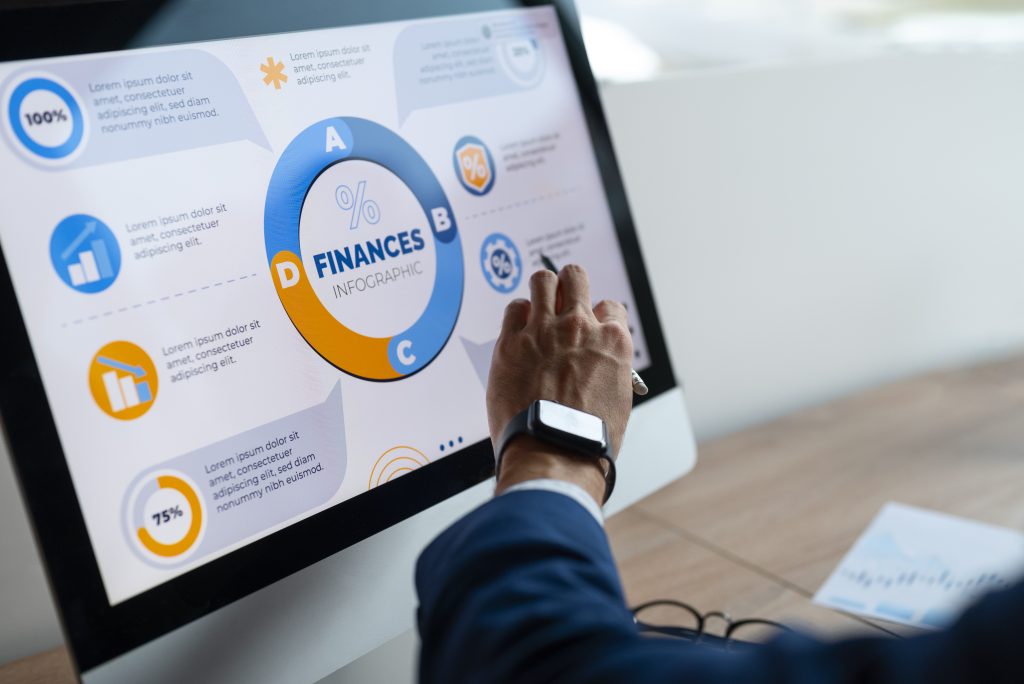Introduction: The New Era of Money Management
Not long ago, managing your money meant balancing checkbooks, visiting banks in person, or keeping mental notes about spending. Fast forward to 2025, and personal finance has gone digital. With mobile apps, artificial intelligence (AI), and smart analytics at your fingertips, you no longer need to be a finance expert to budget effectively, save more, and invest wisely.
Digital finance tools are revolutionizing how people interact with their money—bringing convenience, clarity, and control to everyday financial decisions. Whether you’re a student trying to save on groceries or a professional building an investment portfolio, these tools are leveling the playing field.
Why Digital Finance Tools Are Gaining Popularity
There are several reasons why digital finance tools have quickly become mainstream:
Accessibility and Convenience
Mobile-first apps make it possible to manage finances from anywhere. From tracking expenses in real-time to paying bills with a few taps, accessibility is driving adoption.
Cost Savings
Many fintech apps offer free or low-cost features that once required financial advisors or paid software. This democratizes access to financial literacy and wealth-building tools.
Data-Driven Insights
AI-powered apps provide personalized recommendations based on your spending and saving habits. For example, some apps alert you to unnecessary subscriptions or suggest ways to cut expenses.
Key Categories of Digital Finance Tools
Digital finance covers a wide range of tools, each solving different money management challenges.
Budgeting and Expense Tracking Apps
Apps like Mint, YNAB (You Need a Budget), and PocketGuard help users visualize their income and expenses. By syncing with bank accounts, they automatically categorize transactions and generate reports that highlight where money is going.
Digital Savings Tools
“Round-up” apps like Acorns automatically round your purchases to the nearest dollar and save or invest the difference. This makes saving effortless and consistent.
Investment Platforms and Robo-Advisors
Platforms such as Robinhood, Betterment, and Wealthfront are empowering everyday people to invest with little to no prior knowledge. Automated investing strategies reduce barriers and optimize portfolios.
Digital Banking and Neobanks
Challenger banks like Revolut, Chime, and N26 are redefining banking by offering zero-fee accounts, instant international transfers, and user-friendly mobile platforms.
Benefits of Using Digital Finance Tools
Adopting digital finance tools brings significant advantages:
- Time Efficiency – Automating savings, bill payments, and investments saves hours each month.
- Improved Financial Literacy – Easy-to-read dashboards help users better understand financial health.
- Enhanced Security – Most apps use encryption and two-factor authentication, making them safer than traditional spreadsheets.
- Better Decision-Making – Data-driven insights help users make smarter financial moves.
Challenges and Considerations
While digital finance tools are powerful, they also come with challenges:
- Data Privacy Concerns – Users must ensure apps comply with strong security standards.
- Over-Reliance on Automation – It’s still important to understand basic financial principles rather than fully outsourcing decisions.
- Regional Availability – Some tools are limited to specific countries or currencies.
The Future of Digital Personal Finance
Looking ahead, we can expect even more innovation:
- AI-driven personal financial advisors that provide real-time, personalized recommendations.
- Blockchain-powered solutions ensuring faster, cheaper, and more transparent transactions.
- Greater integration across apps, allowing users to manage savings, credit, investments, and insurance in one ecosystem.
Conclusion: Take Control of Your Money Today
Digital finance tools are no longer optional—they’re essential for anyone who wants to manage money effectively in today’s fast-paced world. From budgeting apps to robo-advisors, these tools empower you to take control of your financial future.
Call to Action: If you haven’t already, explore a budgeting or investing app this week and see how it transforms your relationship with money. Small steps today can lead to smarter financial decisions tomorrow.
